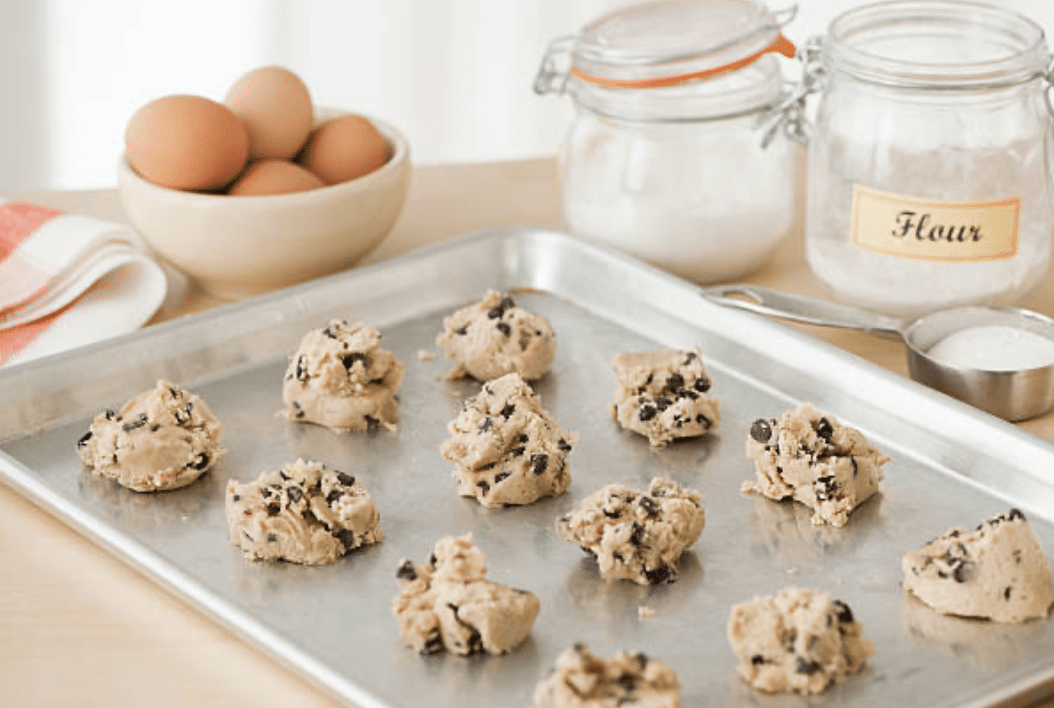If you’re reading this blog, you’re probably making something delicious in your home kitchen.
It’s so good, people often tell you that you should start a business. You might be thinking that you really do make great dog treats (as an illustration), and you might be wondering if you should start a food business. Could you get your dog treats into the farmer’s market? Whole Foods? Amazon? If this sounds like you, and you’re not sure your product is ready to go to market, keep reading!
When you’re first deciding whether to start a food business, start by looking at the ingredients. Can the business be scaled. Also, are there pre-made ingredients that are easily reproducible? If you’re using a premade supplement in your dog treats, you either need to find a substitute, or reconsider the product. Obviously, there are exceptions to the rule – plain ketchup and mustard, for example, are both fine to use. Making those from scratch would be a waste of time in the grand scheme of your food business.
Semi-homemade. It’s a term to describe products that use pre-made ingredients in a recipe. There are reasons you want to stay away from using premade products that are a proprietary blend for another company. The first reason is the cost. When you’re using a product that’s already been made by someone else, you’re already experiencing a higher cost since they’ve marked the product up. So, to create a profit with your product, you’ll have to charge more on top of that. Another reason is that when you’re using other pre-made items, it loses a little bit of the originality that many people are looking for in a newer product like yours. If you’re simply taking a couple of existing products, products they can readily buy on grocery store shelves, and mixing them together, are you really adding value to the customer experience?
Another key point: When you start labeling and putting ingredient lists on your product, that list gets long. Fast. That’s because, along with your raw ingredients, you have to include all of the ingredients in your premade components. It’s important to note that the list can sometimes close doors for you. If you’re trying to get your product into a natural foods store, does your semi-homemade product includes components that aren’t considered “clean” you’re using isn’t a “clean” product and you’re trying to get into a. Sometimes those pre-made products have preservatives, which eliminate some opportunities you might have. And, speaking of labels while some retailers allow products made under the Cottage Food Act, many do not. Crafted Kitchen rents affordable and flexible commercial kitchen space!
I’m not saying that semi-homemade products are a bad thing at all. I think a lot of people value speeding up their time in the kitchen and if your product can do that, it might be worthwhile pursuing starting a business. At the end of the day, with your food business, you want to be able to offer something that is uniquely yours. You want the most basic ingredients with a clean label at a good price.
Consider these different things before you bring your product to market.
At Crafted Kitchen, we help turn side hustles into success stories. Ask us how!
Crafted Kitchen is a shared use commercial kitchen in the Arts District of Los Angeles. We offer flexible kitchen rentals to small food businesses. Rent a kitchen today!


Leave a Reply